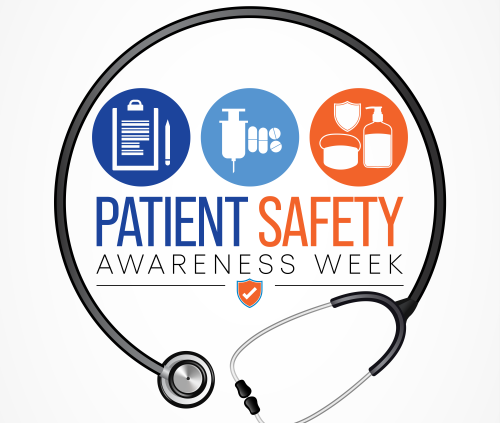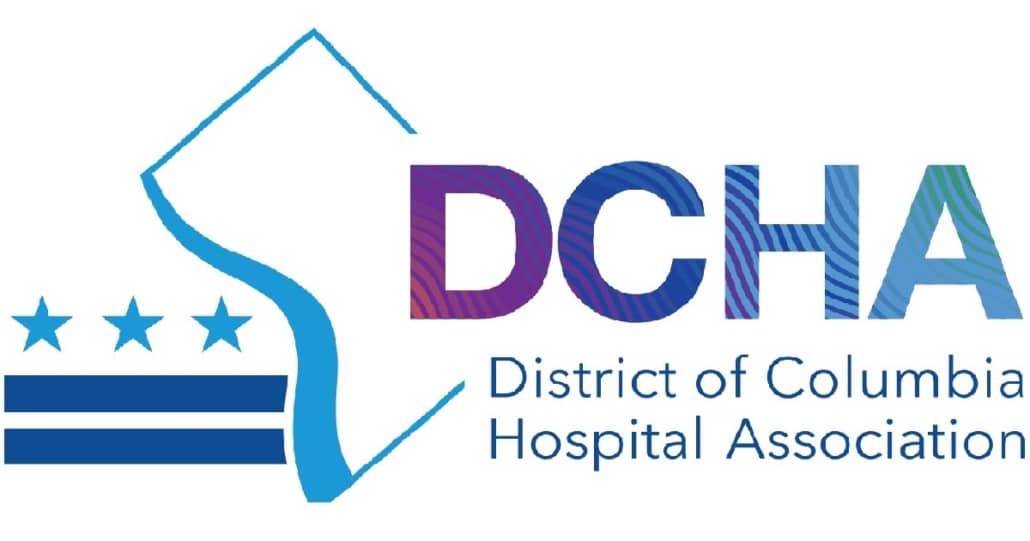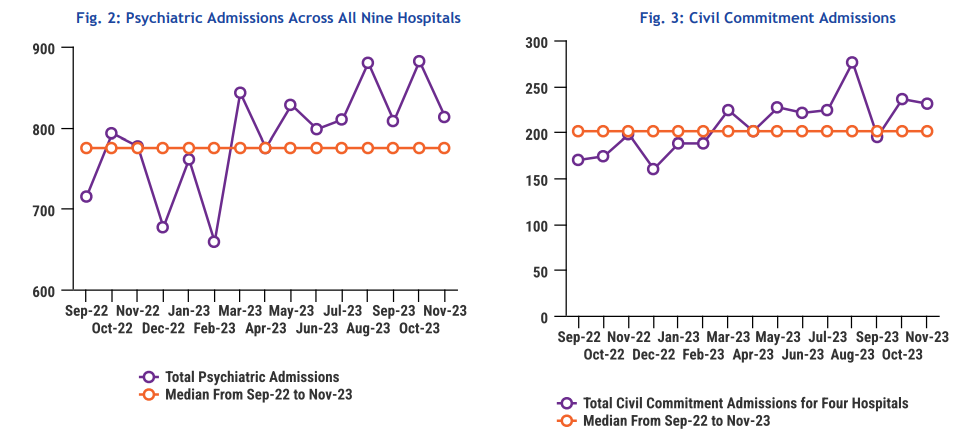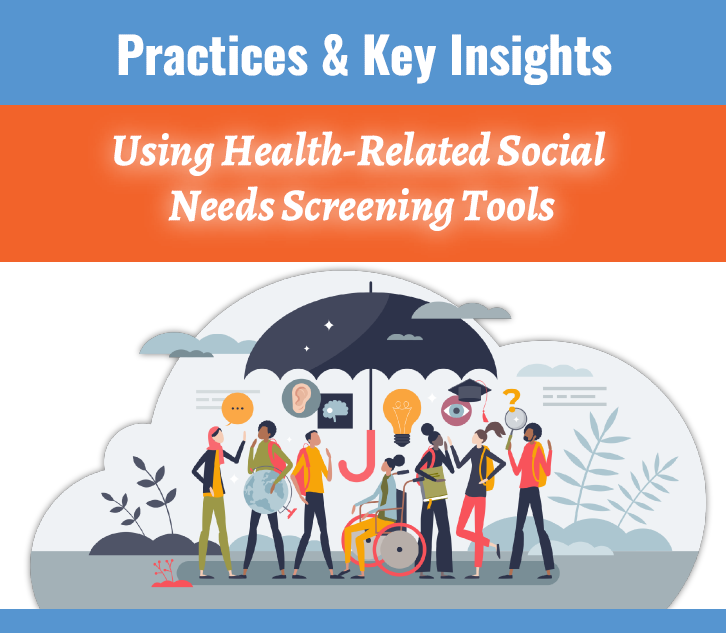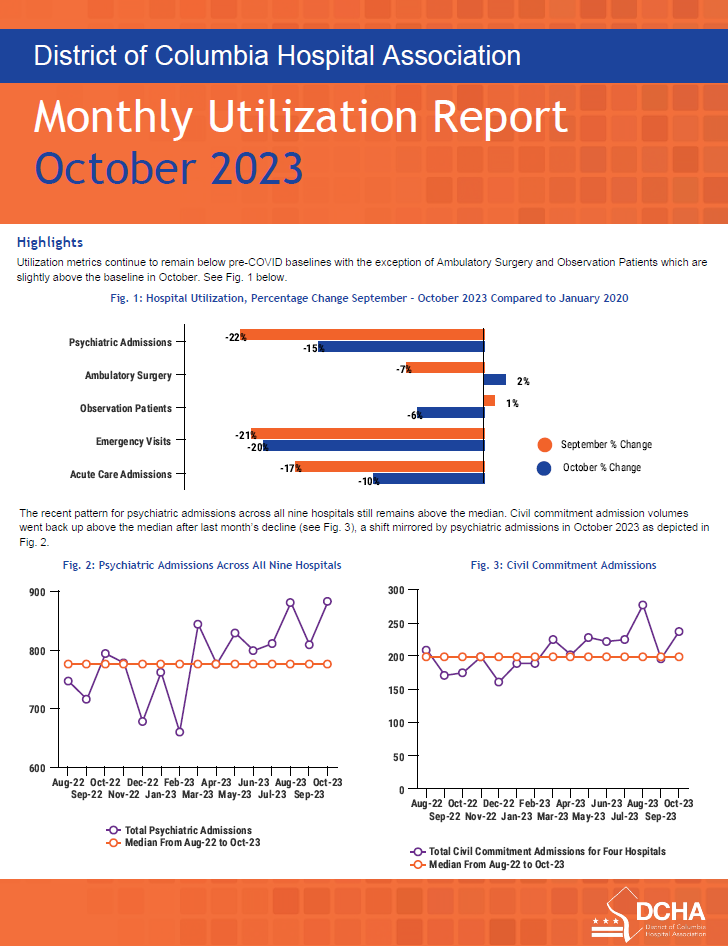Howard University Hospital Community Health Improvement Plan
Howard University Hospital’s Commitment to the Community
Since the hospital’s inception, advancing health equity has been central to Howard University Hospital’s (HUH) mission. HUH sponsors numerous programs and initiatives to promote overall wellness and educate individuals on their health care needs and options to ultimately improve the overall health of the community:
Faith-Based Partnerships
By partnering with religious communities across the area, HUH is able to connect with individuals in a place they trust. These efforts are enabling HUH to improve individuals’ access to care before they are faced with a health care crisis, including much-needed mental and behavioral care.
Emphasis on Prenatal Care
Leadership at HUH has identified maternal health as a key area of focus. HUH’s diverse clinical faculty are dedicated to helping expectant mothers with lower family incomes overcome barriers in accessing maternal health care. Too often expectant mothers in the DC area struggle with prioritizing their prenatal care as they face challenges with managing employment, caring for their families, and struggling with lack of transportation. These barriers can result in greater risk for mothers and babies of birth in crisis; therefore, HUH has invested in a higher level NICU and has embraced a number of programs to improve access to prenatal care for expectant mothers, including birthing classes, nutritional education, and support wellness check adherence.
Nutrition Education
HUH recently participated with an online cooking show to educate individuals in the community on how to prepare nutritious and healthy meals on a budget. The goal is to help educate families to eat more healthfully while keeping grocery costs low. This program was launched to reach families and individuals who live in DC’s Ward 7 and Ward 8 who face sustained hardship.


